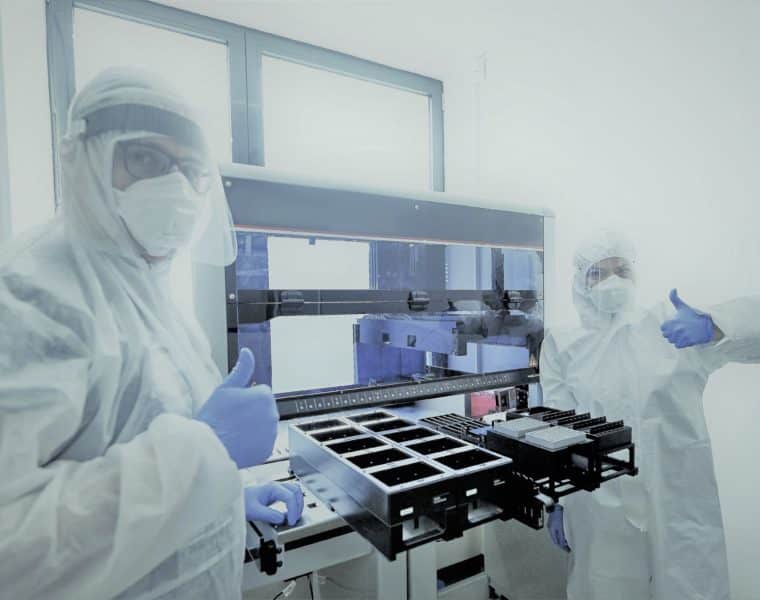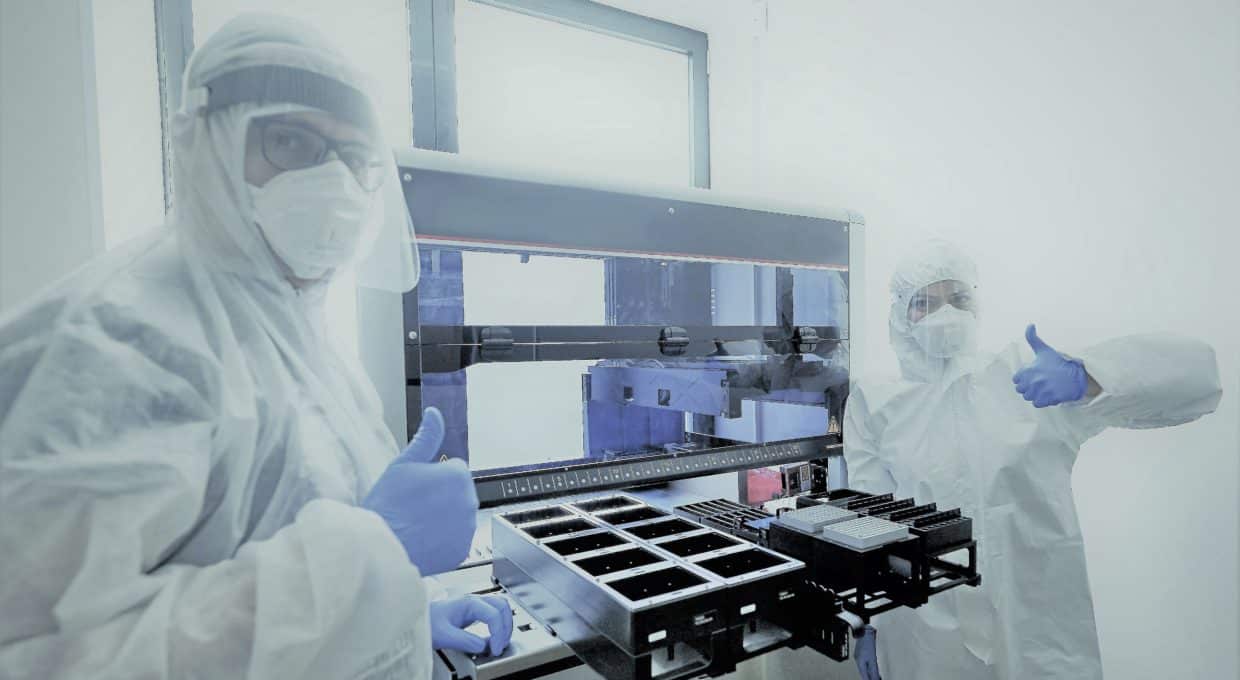On a permanent quest for excellence in terms of health care and higher education, the Unicancer network has committed to a quality and continuous improvement approach. Each year, we provide the public with the results of a list of quality indicators for our Centres.
Quality approach of our Centres
The strength of the Unicancer network is mutual assistance and experience-sharing between French comprehensive cancer centres (Fcccs). Numerous projects and working groups are set up on different quality/risk management subjects, such as for example:
- Patient satisfaction and feedback questionnaires for chemotherapy and radiotherapy day hospitals
- Collection of quality and treatment safety indicators for the breast cancer treatment pathway
- Assistance to Centres to prepare for the healthcare quality certification audits by the Haute Autorité de Santé (HAS):
- Setting up of theme-based working groups
- Exchanges between peers via support missions
- Thematic events are also set up on quality/risk management, patient experience, discharge procedures, etc.
French comprehensive cancer centres (Fcccs)
National quality indicators
French comprehensive cancer centres (Fcccs) are committed to an approach based on quality indicators. Since 2010, all French health care facilities are obliged to provide the public with the results of a list of their indicators, set out by official decree each year. Every year the Ministry of Health, in collaboration with the Haute Autorité de Santé (HAS), publishes all quality indicators on the this website . Benchmarking between Centres is carried out annually to allow a constructive comparison between Centres. Good practices can thus be identified and disseminated to all Fcccs.
Our unique model for cancer patients’ care
Treatment quality certification of establishments by the HAS
In place for 20 years, the HAS certification is a compulsory independent assessment procedure for the level of quality and safety of care in public and private healthcare facilities. It is carried out by professionals (peers) mandated by the HAS, called expert auditors. The certification reports are available on the HAS website.
Applicable levels of certification for assessments conducted from 2021:
The assessment methods for certification by the HAS are set to change from 2021. This assessment can lead to four levels of decision which is valid for 4 years:
- Facility certified with distinction
- Facility certified
- Facility certified, but subject to some requirements
- Facility not certified
Results: no French cancer centres have taken the new version of the assessment for the moment. This page and the pages dedicated to each FCCC will continue to be updated as their certification status is updated.
Levels of certification for assessments taking place in 2020 and earlier:
These assessments lead to five decisions:
- Certification (level A), issued for 6 years
- Certification with recommendation(s) for improvement (level B), issued for 4 years
- Certification with obligation(s) for improvement (level C), issued for 2 to 4 years
- Deferment pending decision (level D): the facility is not certified as long as it has not provided proof that any deviations have been resolved
- Non-certification (level E): the number and severity of the reservations – including high-risk situations observed and not managed – are such that it is not possible to certify the facility.
Results:
- Highest level of certification: certification without reservation (level A): 10 FCCCs / 18
- Certification level with recommendations for improvement (level B): 8 FCCCs / 18
Care pathway and quality of life
Assessment of patient satisfaction and experience
The HAS conducts online surveys to measure the satisfaction and experience of patients hospitalised (including in outpatient care) in all healthcare facilities in France. Fcccs participate in these surveys called e‑satis. They ask patients to answer a questionnaire received by e-mail 15 days after they leave the hospital. By answering this questionnaire, patients help improve the patient experience.
Overall score of hospitalised patients (value out of 100)
This indicator measures the satisfaction and experience of patients hospitalised for longer than 48h in medicine, surgery or obstetrics and having participated in the national survey e-Satis. The various areas of this survey are reception, medical and nursing team management, meals, rooms, discharge procedure.
The last national e-Satis campaign contains responses from patients hospitalised from November 2018 to October 2019. The scoring scale ranges from A to D depending on the score obtained.
Results:
- 17 sites of Fcccs (over 20) have a level A score
- 3 sites of Fcccs (over 20) have a level B score
All FCCCs have scored higher than the national average to date.
Overall score from patients admitted for outpatient surgery (out of 100)
This indicator measures the satisfaction and experience of patients hospitalised for outpatient surgery and having participated in the national survey e-Satis. The various areas of this survey are preadmission, reception on the day of surgery, treatment, the room and snacks, discharge and return home procedure
The last national e-Satis campaign contains responses from patients hospitalised in outpatient care from November 2018 to October 2019. The scoring scale ranges from A to D depending on the score obtained.
Results:
- 16 sites (over 20) have a level A score
- 4 sites (over 20) have a level B score
All FCCCs have scored higher than the national average to date.





